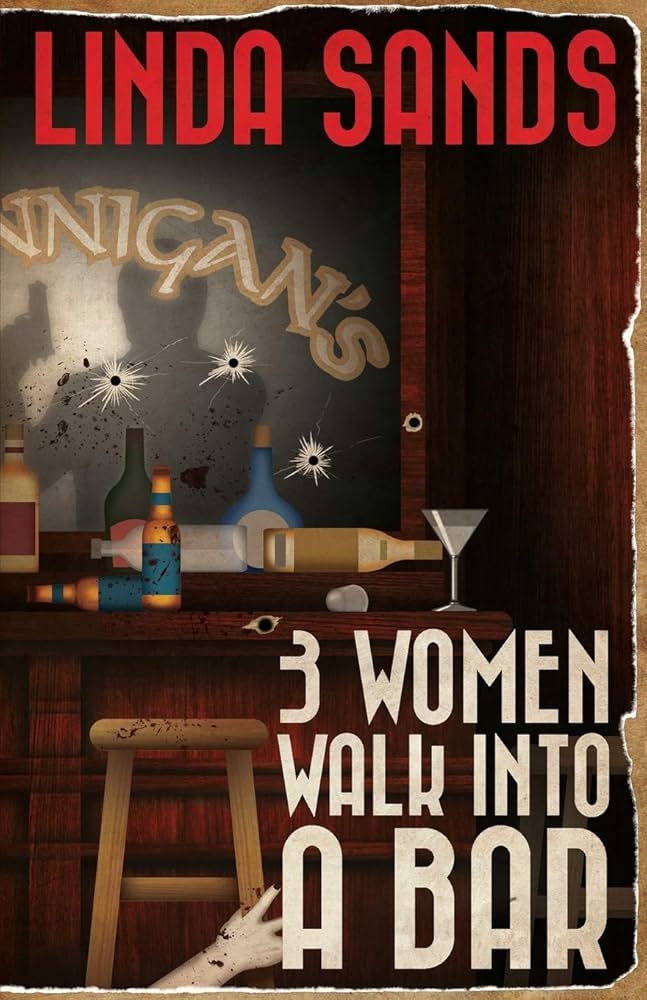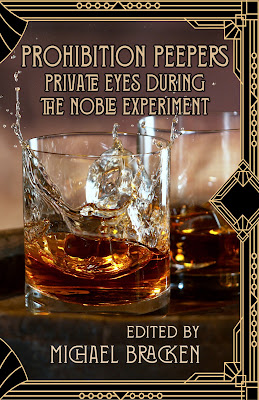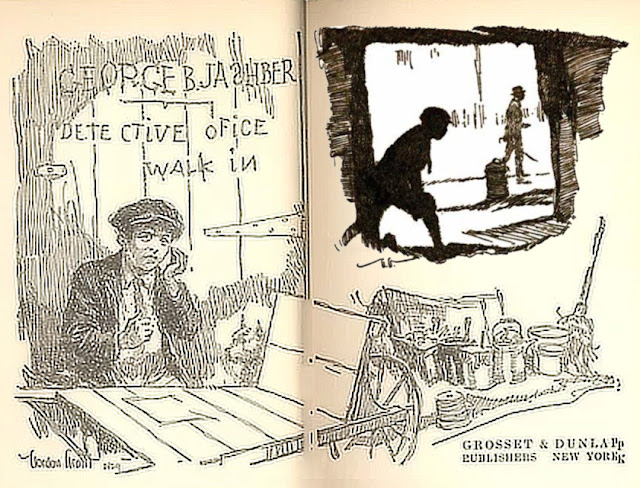Here in the south, autumn is finally in the air--well, almost--and I have a few fall stories to report on, at least those from the month of September. Some are seasonally-themed stories; the rest just happened to be published at this time of year. And every one of them is far different from the others. (That's part of the fun of all this, isn't it?)
Anyway, here are six of my recent efforts--two in magazines and four in anthologies:
"Plymouth West," Killin' Time in San Diego (Down & Out Books). Editor: Holly West. (I'm actually cheating a bit by calling this a September publication, but only by a few hours--it's the Bouchercon 2023 anthology, officially "launched" at a signing on the evening of August 31 at the annual conference.) My story is a modern-day revenge tale about a restaurant owner, her budding romance with a mysterious chef, and a traditional but deadly Thanksgiving dinner. It was originally written with a pandemic setting and then changed at the last minute to a regular story--whether that was a smart move I'm not sure, but I was thankful the editor liked it. It's a "framed story" of about 2700 words and takes the form of a narrative by the protagonist to a close friend, shortly after everything happened. It's my sixth appearance in a Bouchercon anthology and its setting is of course the city that hosted the conference.
"Della's Cellar," Ordinary Miracles, September 6, 2023. Editor: Dorothy Day. When I was asked to supply a teaser/logline for this story, here's what I sent the editor: "After a dare goes wrong, young Billy Kendrix finds himself battling with his own conscience." That of course isn't all he battles with, but you find that out later. The story runs about 2300 words, it's set in the rural south (which is where I was raised), and was told from the viewpoint of a twelve-year-old who's involved in a prank that goes terribly off the rails but ends up changing three lives for the better. The only breaking of the law in this story is an incident of trespassing, so it's not a crime tale, but it does include mortal danger, so I suppose it'd be called suspense instead of mystery.
"Silverlake," Monster Fight at the O.K. Corral, Vol. 2 (Tule Fog Press), September 10, 2023. Editor: Lyn Perry. This is about as far from the previous story as it could possibly be. It's certainly the weirdest story I've written in a long time, and for an anthology with the weirdest title. The genre is Western but it's horror/fantasy also (how could I resist that?), and the plot features a weary cowpoke on his way home from a trail drive who stops for the night at a little town called Silverlake and finds a lot more there than he was looking for (think Cowboys & Aliens). This was one of those stories that I wrote to match a theme, which is something I've found myself doing more and more often lately, and I managed to work in a few old frontier legends as well as some scary otherworldly elements. Its wordcount is about 3200, and it's told through the eyes of the traveling cowhand.
"Free as a Bird," Woman's World, September 18, 2023, issue. Editor: Alexandra Pollock. For anyone who's interested in this kind of thing, the story was submitted on 7/10/23, accepted on 7/15/23, and published on 9/7/23 (little-known fact: the on-sale date for WW is always eleven days before the issue date). This story's yet another installment in a series I've written for them for years now, featuring a pleasant but dimwitted southern sheriff and a grouchy retired lady who is (1) his former fifth-grade teacher and (2) a constant pain in his ass. But she's smart--really smart--and consistently helps him solve difficult cases, which works out well for both the sheriff and me. The mystery here involves a prison break and sort of a word-game puzzle that leads to the solution. As usual, the story is only a little over 500 words, and this one's told from the POV of the schoolteacher.
"Liz and Drew and Betty Lou," Strand Magazine, Issue #70, September 2023. Editor: Andrew Gulli. This story isn't exactly a sequel, but it's a followup to an idea I used in a story I wrote for Ellery Queen's Mystery Magazine several years ago. It involves two high-school students, one of whom's father owns a fancy self-driving sports car. The two teenagers decide one day to play hooky from school, "borrow" the car, and spend a few hours chasing their financial dreams at a local casino--a venture that predictably goes astray. In this case the mishap is that they meet a crook looking for some quick cash. It's a half-serious, half-funny story of about 5900 words, and was--like the EQMM story that preceded it--a ton of fun to write. Strangely enough, the dates on which this story was submitted, accepted, and published were almost exactly the same as the submit/accept/pub dates for the earlier-mentioned Woman's World story (neither the Strand nor WW wait very long to get accepted stories into print). Not that it matters, but I received my author copy of the issue in the mail last week and read it last night.
"River Road," Prohibition Peepers: Private Eyes During the Noble Experiment (Down & Out Books), September 25, 2023. Editor: Michael Bracken. I love private-eye anthologies, and this one's set in one of the most interesting periods in American history. My story--it's around 6000 words--features a PI who's hired by a wealthy landowner to locate his missing wife, and who then finds that it's not an easy task. Much of the action takes place in the woods and swamps of southwest Mississippi, whose historical settings are familiar to me, but the plot also required a good deal of research into the making and selling and transporting of moonshine, so I wound up learning a lot. As for submission details, this story was accepted fairly quickly but was published more than a year and a half afterward--and well worth the wait. NOTE: One place that has a significant role in the story is an actual site about an hour away from my home, and was featured in the old movie Raintree County, with Liz Taylor and Montgomery Clift. Here's a clip from YouTube.
NOTE: My story "The POD Squad" is in the Sep/Oct 2023 issue of Alfred Hitchcock's Mystery Magazine, but it came out in mid-August, so I didn't list it here. If you like reading "behind-the-scenes" accounts of stories, I covered that one (and another story, published the last week of August) in a SleuthSayers post last month.
What are some of your recent publications? Were they in anthologies or magazines, or both? Which do you most enjoy writing for? Any successes in new markets? Any publications that were different from the kinds of stories you usually write? Do you find that you need that kind of variety now and then, to keep from getting bored?
Anyhow, that's that. I wish everyone a great autumn. Keep writing--and reading--and I'll see you again on the 21st.





























